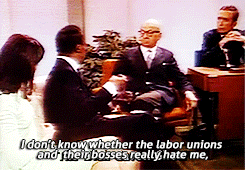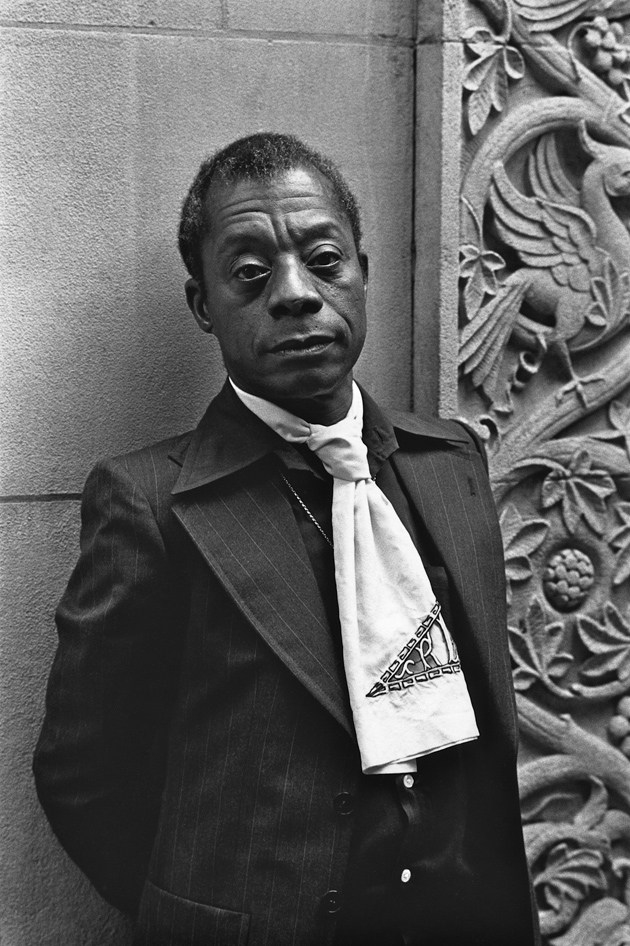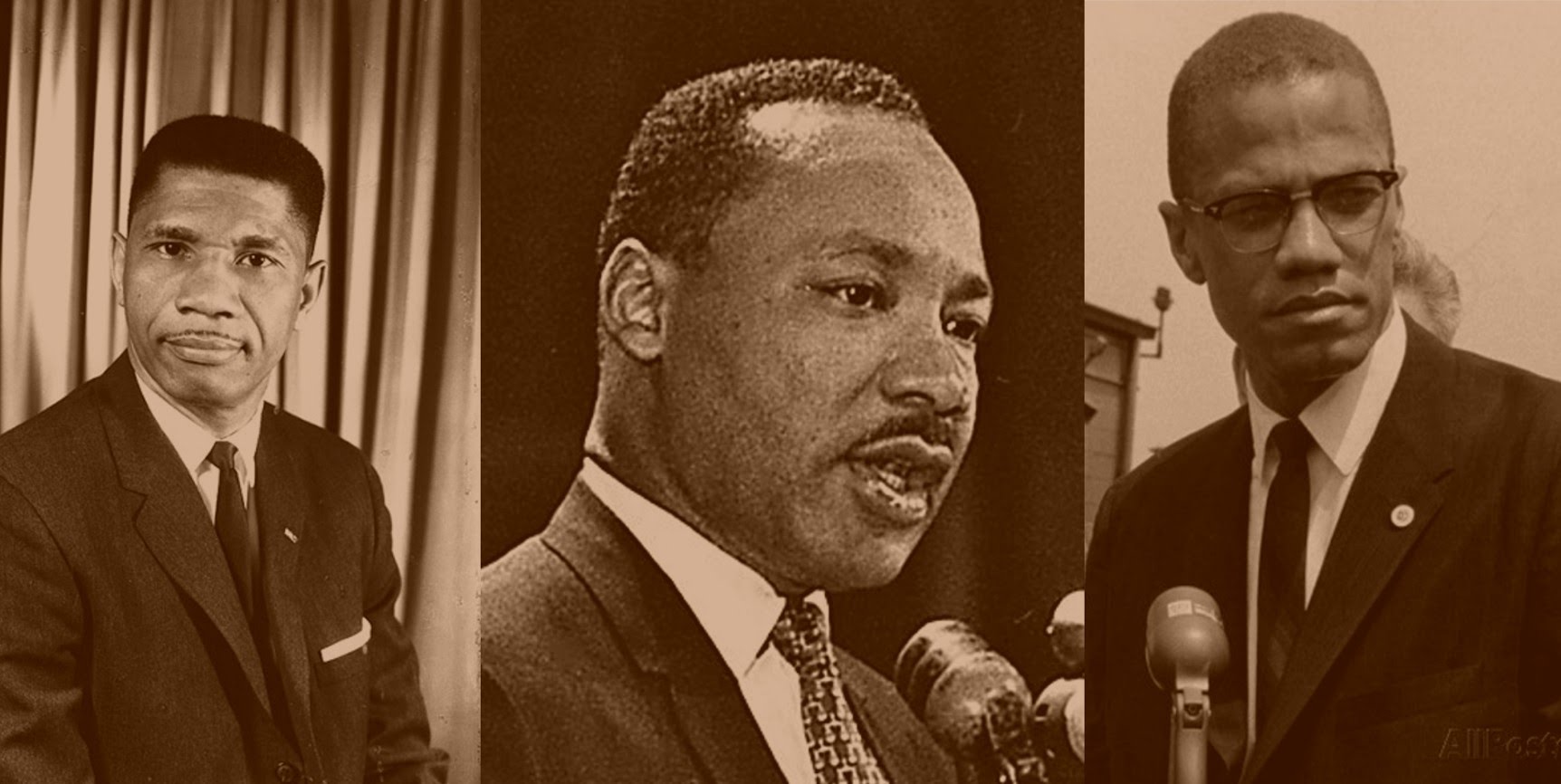I’m Not Your Negro is a profound documentary and I don’t use that word lightly. The experience of this film will be diverse. What you feel depends on who you are; where you come from; and the closeness of Baldwin’s words to your lived experience. There also needs to be a willingness to see the world; particularly the Western world; anew.
With support and access given by Baldwin’s family Raoul Peck worked on a documentary for several years. However, Peck hadn’t found a structure until Baldwin’s sister Gloria gave him 30 pages of letters called “Notes Toward Remember this House”. With this gift, Peck finally visualize the form of I’m Not Your Negro.
‘A book that was never written! That’s the story. And what characters! Medgar Evers, Malcolm X and Martin Luther Kings Jr.’ Raoul Peck
For his ambitious documentary, Peck combined Baldwin’s unfinished book with video archives music and cinema clips placing Baldwin’s thinking in the context of today. I’m Not Your Negro is dense. The words sounds and imagines constantly stimulate and provoke at times with great intensity that has the potential to overwhelm the viewer.
Reading James Baldwin can be intense; indeed at times overwhelming. It is the poetry of his words; the rhythm; the tone; and the weighty truth of his articulation on the page. One may need to stop and give space for his observations; his ideas; and the social and political confrontations they provoke to soak in your consciousness. When watching I’m Not Your Negro one does not get the opportunity to stop. Hard words, eloquent sounds, stunning imagines and complex ideas they incite keep coming. Minute by minute; I’m Not Your Negro is a relentless march; a carnival of veracity and truth.
Peck uses The Fire Next Time Baldwin’s 1963 book of letters about racial injustice and he uses Notes to a Native Son Baldwin’s 1955 collection of essays about the early Civil Rights Era. Less is Baldwin’s 1953 novel Go Tell it on the Mountain that featured the developing homosexuality of his main protagonist or Baldwin’s seminal 1956 novel Giovanni’s Room his most directly homoerotic work or where Baldwin explored homosexual interracial relationships in 1962 novel Another Country and his 1978 novel Just Above My Head .
‘We had to make choices to cut … If it’s too complicated, people can’t follow … When you want to say too much, people can’t hear.’ Alexandra Strauss, Editor – I’m Not Your Negro
This film is not autobiography but rather a reflection on the legacies of three civil rights leaders. Given the heterosexuality of these men and the movement in which they fought, perhaps it couldn’t be expected that Peck would delve deeply into Baldwin as a Queer writer. The film maker and his editor chose to include Baldwin’s 1968 appearance on the Dick Cavett Show where he responds to the presenter’s question “why aren’t the Negros optimistic {about the future}.”
 Baldwin instinctual and typically eloquent response interrogates the presenter’s need (and that of white people more generally) for the Negro to make an act of faith on an American idealism which they assure him exist but which he asserts he had never seen. Baldwin says “risking myself; my wife; and my children” and declares his affiliation loyalty and allegiance to the Negro community. Baldwin does not identify let alone emphasize his Queer identity.
Baldwin instinctual and typically eloquent response interrogates the presenter’s need (and that of white people more generally) for the Negro to make an act of faith on an American idealism which they assure him exist but which he asserts he had never seen. Baldwin says “risking myself; my wife; and my children” and declares his affiliation loyalty and allegiance to the Negro community. Baldwin does not identify let alone emphasize his Queer identity.
While Pecks work does not emphasize Baldwin’s Queerness it must be said that Baldwin did not sacrifice any of his identities for another. In his critical analysis of the United States and the Western world more widely his Queerness compelled him to include it all (race/class/sexuality) particularly in his literary expression and in his later life in his interviews. And I say Queerness because Baldwin believed that the focus on rigid categories was just a way of limiting freedom; that human sexuality is more fluid and less binary than often expressed.
James Baldwin talked about non-binary and intersectional identities in the 1950s and 60s before these concepts had names.
In our efforts in Reclaiming Jimmy, BlackOut assert a truth as we recognise the limited public engagement with Baldwin’s queerness by Peck and other high profile people who are now urging the public to Know Your Baldwin. We Know Our Baldwin and we know that Baldwin  was not only unapologetically Black, he was also unapologetically Queer. We vigorously assert this truth because who we are as Black people – as Black Queer people; our public presence; and the universally recognized validity of our existence is particularly fragile in a world dominated by tyrannical politicians who ignore facts and instill fear. During BlackOut #ReclaimingJimmy Season we invite and urge you to to contribute to a Blog that evidences your experience of James Baldwin; how you experience his stories and ideas as Black gay men. What does James Baldwin mean to you?
was not only unapologetically Black, he was also unapologetically Queer. We vigorously assert this truth because who we are as Black people – as Black Queer people; our public presence; and the universally recognized validity of our existence is particularly fragile in a world dominated by tyrannical politicians who ignore facts and instill fear. During BlackOut #ReclaimingJimmy Season we invite and urge you to to contribute to a Blog that evidences your experience of James Baldwin; how you experience his stories and ideas as Black gay men. What does James Baldwin mean to you?




Leave a Reply